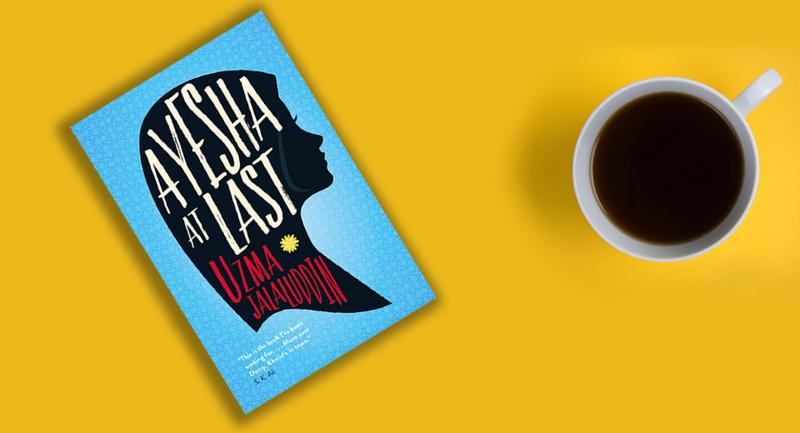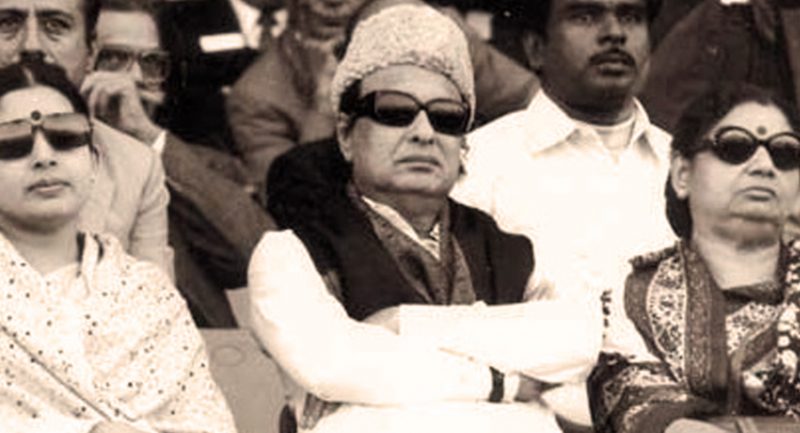
The battle against instant talaq has garnered public attention for a long time now. In Till Talaq Do Us Part, Ziya Us Salam, an eminent social commentator and an associate editor at Frontline, presents a holistic view of how divorce works in Islam.
Banning triple talaq was no easy feat. It happened through the struggle and effort of many people. Ziya specifically talks about seven women who questioned established mores and practices common to all patriarchal societies beyond the boundaries of religion. Their fight is what took the case to the Supreme Court.
Let’s meet the women behind the ban on Triple Talaq.

It was experience that held Zakia in good stead as she piloted the movement for Muslim women’s rights.
Her first marriage had been a tale of subjugation and oppression in which she suffered emotionally, socially and physically. She suffered alone in the privacy of her home with her son as witness and co-abused. Her middleclass upbringing did not allow her to speak out against the injustice. She found happiness only in her second attempt at matrimony. This union, however, invited huge criticism from patriarchal quarters. The fact that her husband is a Hindu has been used to attack her campaign for Muslim women’s rights.

As she helped marginalized women fight everyday battles, Noorjehan began to appreciate the challenges that lay ahead. That, in turn, led to her founding the BMMA with Zakia Soman, who had also tapped into her reservoirs of inner strength after the 2002 Gujarat violence.
Also notable was Noorjehan’s attempt to train Muslim women to be qazis, to apprise them of what the Quran says, what the Sunna of the Prophet says. They set up Darul Uloom Niswaan, a centre for Islamic learning. The centre trains women qazis in the study of the Quran, the Hadith and the sharia. The women are trained to conduct nikah, fill up nikahnamas, etc. Then followed all-women sharia courts, which interpret religious injunctions in a manner deemed fair to women.

For years, Shayara Bano put up with her property dealer husband’s demand for dowry, a car and cash. For years, she underwent abortions. In the absence of any social support, she was reduced to being a helpless soul. A kidney ailment and the absence of medical care at her husband’s place in Allahabad forced Shayara Bano to go back to her parents’ in Uttarakhand for treatment. It was a small step for Shayara Bano that was to prove a giant leap for womankind.

As she explored her options to hold her husband accountable, she met the volunteers of the BMMA and approached the Supreme Court. The court clubbed her petition with the larger case against instant talaq or triple talaq.

The verdict may have pleased many, but it left Ishrat homeless and hopeless.
Instead, she decided to give a new direction to her life by joining politics. Towards the end of 2017, she joined the Bharatiya Janata Party and pledged to work for all women who have suffered.

With help from her brothers, she approached the Supreme Court after they got to know of the Shayara Bano case. In the highest court, her petition was clubbed with that of Shayara Bano.

In January 2017, she approached the Supreme Court to invalidate triple talaq as it violated the fundamental rights of a woman. Her petition was clubbed with that of Shayara Bano and others. The court set aside instant triple talaq, but there was no direct word on the status of her marriage. Atiya hopes that the verdict will end the agony of those women who have suffered for no fault of their own.










